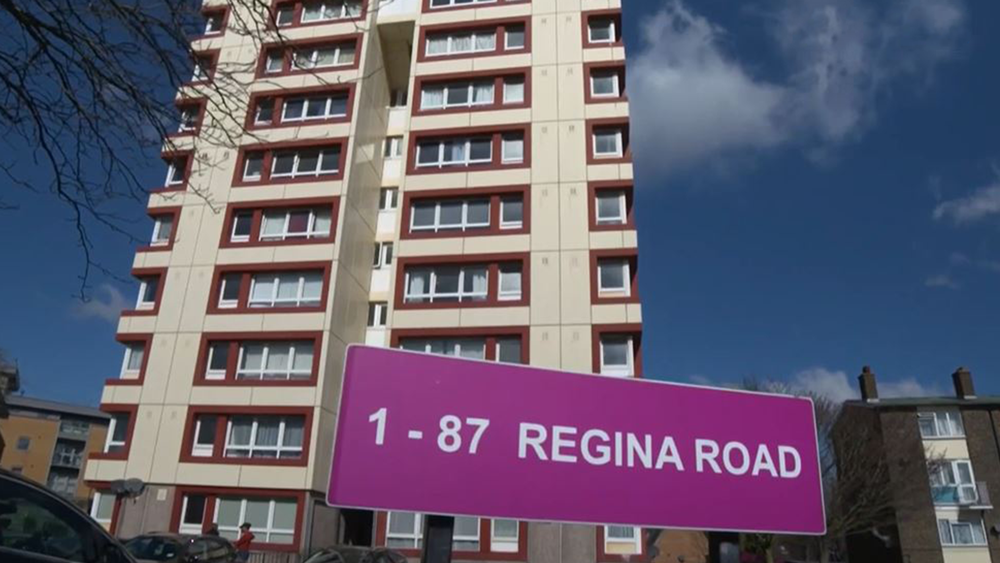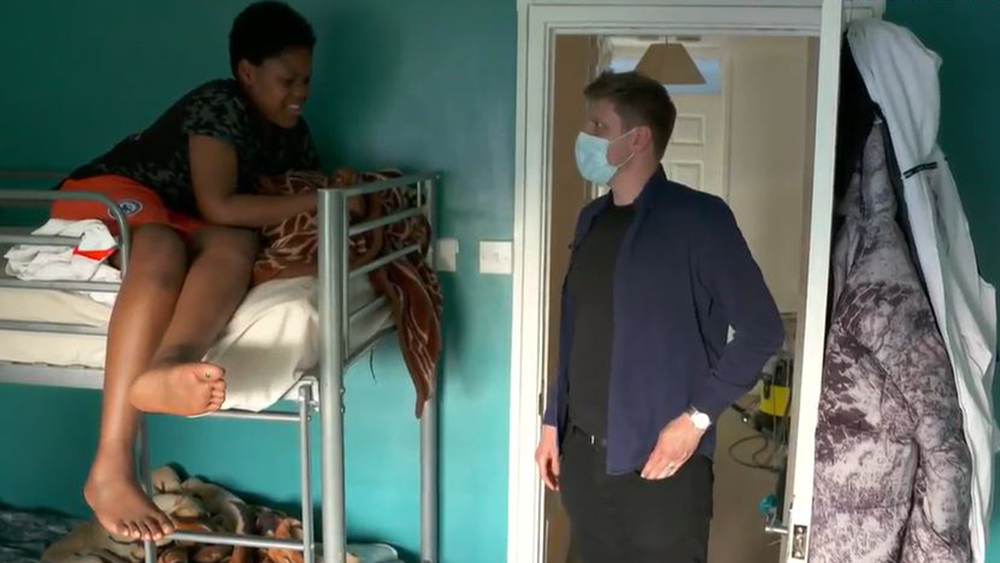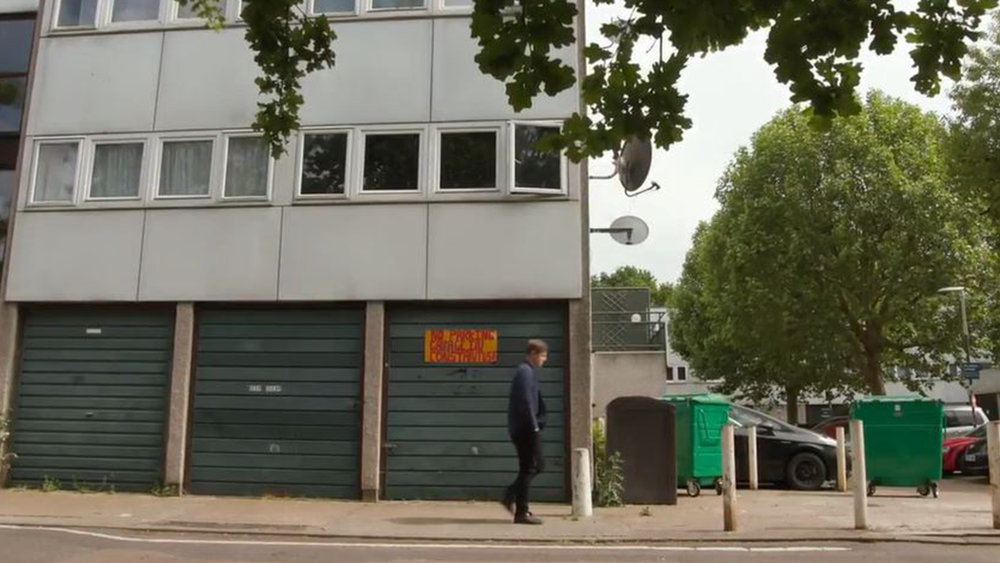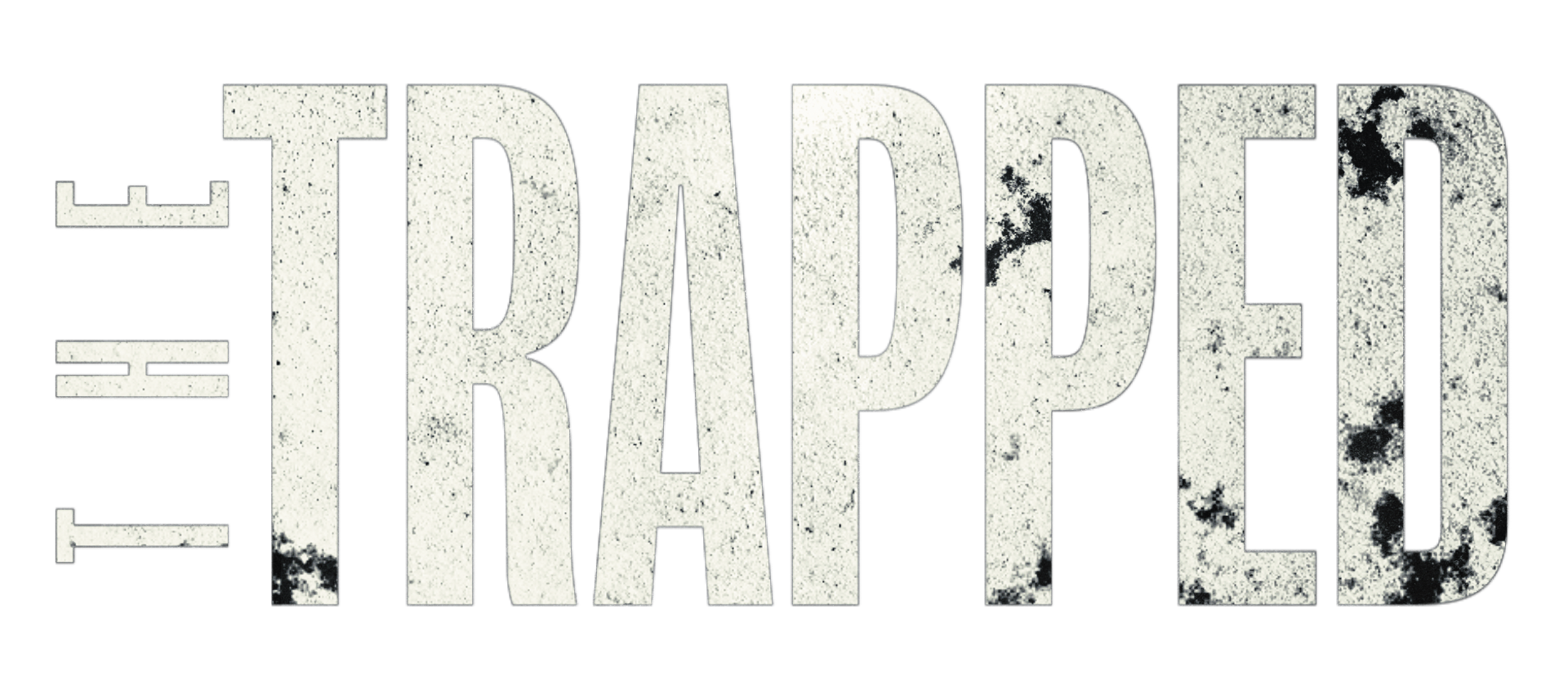The Investigation
How we exposed the UK's dirty secret.
There are few moments in life you can remember vividly, with genuine clarity. I can recall almost every minute of the time I spent inside the flats on Regina Road, Croydon.
On a cold, spring morning I pulled up in my car and stared up at this tower block, covered in cream-coloured cladding, piercing the south London skyline. The outside gave no hint of the horrors inside.
Stepping into flat number 7, my feet instantly unsteady on the soaking wet floor, the dank, sour smell hit me like a brick wall, my eyes could barely register what they were seeing.
I had arrived to meet Fransoy, a mother-of-two who had reached out through a friend to our producer Sarah O’Connell. Sarah and I had been working together on a story about poor housing conditions. It was early 2021, coronavirus was spreading again and lockdown measures had been reintroduced.


I was a political correspondent at the time, but I was desperate to get out of Westminster and around the country, to see what impact the pandemic was having on different people. I had seen Facebook groups popping up of frustrated social housing tenants posting pictures of mould, damp and disrepair they said their landlords were not fixing, blaming the pandemic.
I had been sent a short video of Fransoy’s flat - it looked bad and so we decided to go down to see her with my cameraman Ted. The video had given a small glimpse of the poor conditions she and her boys were living in, but it was the tip of the iceberg. It was clear to me instantly, as I watched water cascade down black walls covered in furry mould, that this was dangerous housing.
As a reporter, you usually know instinctively when you have a strong story. I was utterly convinced that what we had found in that tower block needed to be shared with the widest audience possible. This was not a story about bad housing conditions in a flat in south London - it felt so much bigger than that.
I felt more angry than I have ever felt in my life. How had these families been left to live like this for months? Why were their complaints being ignored? Who was to blame? When did people stop caring?
The Trapped is the story of the journey we have been on to answer those questions.
The day after airing our TV report on ITV News, the floodgates opened. Emails and messages from social housing tenants from across the country kept coming and coming, so much so that we set up a dedicated housing email address - housingstories@itv.com. Nearly four years on, that inbox is still going, still being used by tenants contacting us about their housing situations.
I worked with a very small but mighty team of journalists who travelled the country visiting homes not fit for humans.
Led by our Head of Investigations Imogen Barrer, who you will hear reflecting alongside me throughout the podcast series, producers Sarah O’Connell, Sophie Alexander and me would do everything we could to respond and meet people who reached out to us.
Later in the investigation, producer Mariah Cooper would take over, and find herself knocking on hotel and hostel room doors meeting homeless families trapped in temporary accommodation.
Whenever we thought we had seen everything, witnessed the worst housing imaginable in a rich, developed nation, we would somehow stumble upon places that would shock us further. The housing crisis is counted in lives left in limbo - trapped in squalid or unsuitable or unsanitary conditions that destroy lives.


The Trapped is the culmination of many years of investigative reporting that would simply not have been possible without the bravery and courage of the people left to rot in Britain’s broken housing system who have been willing to speak out and trust us with their stories.
In the series, you will hear one council leader say it is wrong that tenants felt compelled to come to us, ITV News, instead of them, their landlord. But they did go to them - time and time and time again tenants report problems to councils and housing associations and landlords who are willing to take their rent, but unwilling or incapable of carrying out basic repairs.
Our work has helped drive a change in the law, but if this investigation and this podcast has achieved anything it has been to give a voice to people without one, the powerless, living in the forgotten and neglected corners of a country with the means to stop this madness.
Because the housing crisis is ultimately about power - who has it and who doesn’t. The state has retreated too far from its basic obligation to house its citizens in decent, affordable homes. The Trapped lays bare the heartbreaking consequences – and the changes that are needed.
The journey continues.


